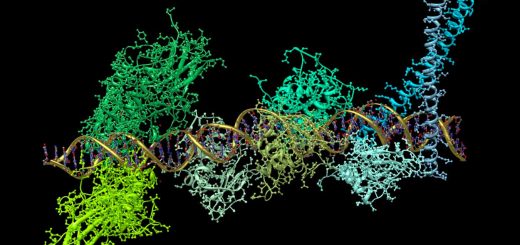Brain cells activated by stress may also give you a bad night’s sleep
In mice, neurons activated by stress cause the animals to wake up far more often during sleep – if the process is similar in humans, it could lead to new ways of improving sleep quality
By Grace Wade
13 December 2023
Stress can influence the number of times we wake during the night
Tero Vesalainen/Alamy
Stress can cause people to frequently wake up at night, and a newly identified brain pathway in mice may explain why. If a similar pathway exists in humans, it could lead to new ways of improving sleep quality.
Read more
How bad is vaping for your health? We’re finally getting answers
While short arousals from sleep are normal, stress amplifies them. These momentary awakenings are so brief – lasting less than 20 seconds – that people rarely remember them. Yet they are linked to a slew of issues including daytime fatigue, impaired cognition and poor mood.
Advertisement
To understand why stress fragments sleep, Shinjae Chung at the University of Pennsylvania and her colleagues analysed the brain activity of sleeping mice. First, they recorded the activity of neurons in the preoptic area of the hypothalamus – a brain region crucial for regulating sleep – in 21 mice while they slept. They found that during brief awakenings, the only neurons active in this region were those with a protein called vesicular glutamate transporter 2, or VGLUT2.
Read more
Brain implant could ease the effects of a traumatic injury years later
The researchers then raised stress levels in the rodents by placing them in cages with aggressive mice. After this, they found increases in activity in those same neurons, which corresponded to the mice waking more frequently than before.


